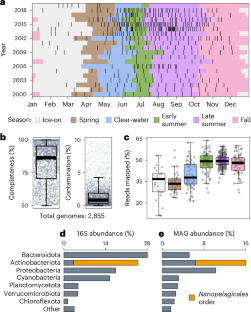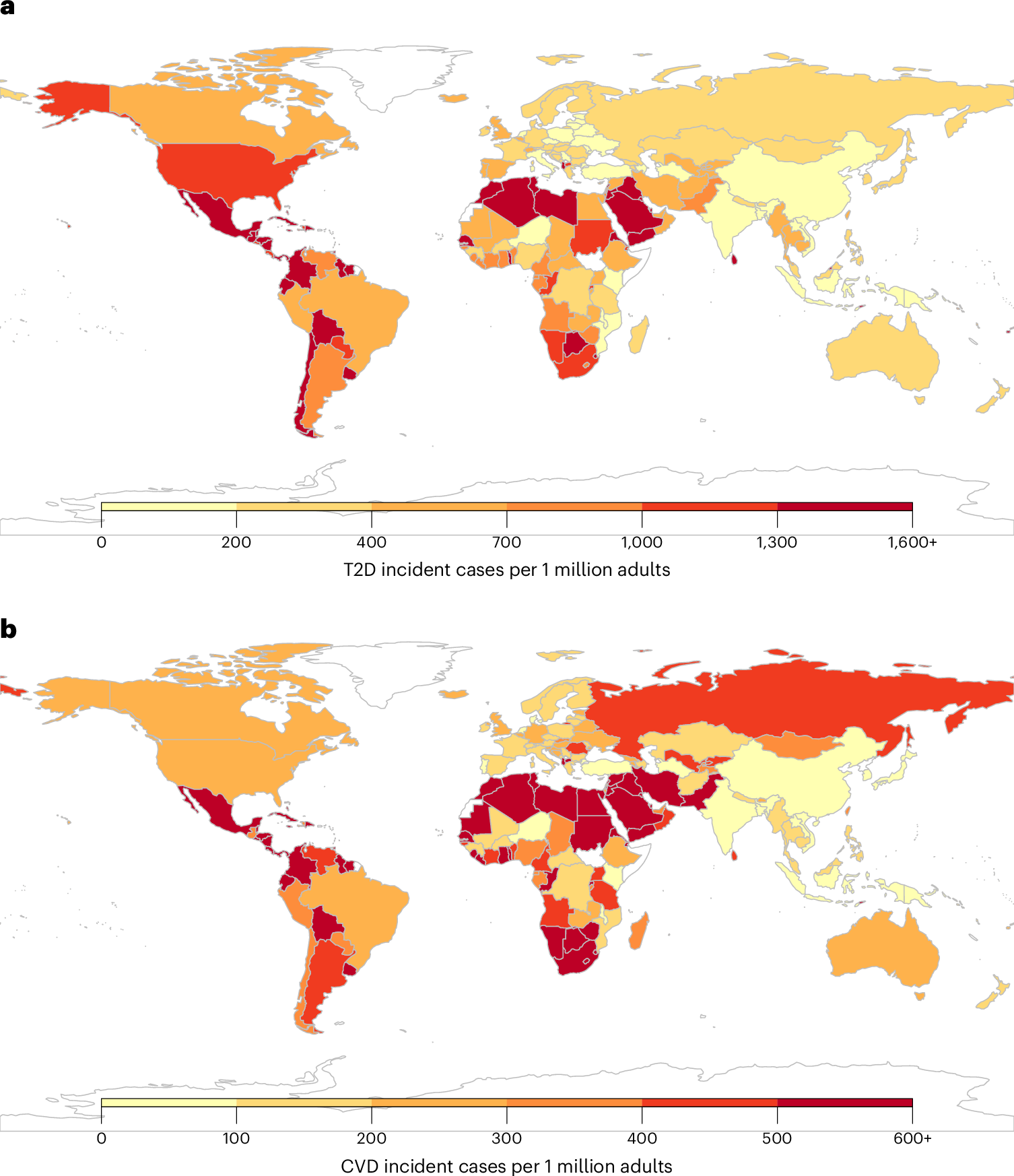2025-01-03 テキサス大学オースチン校(UT Austin)
<関連情報>
- https://news.utexas.edu/2025/01/03/some-bacteria-evolve-like-clockwork-with-the-seasons/
- https://www.nature.com/articles/s41564-024-01888-3
淡水湖における細菌の生態と進化の20年 Two decades of bacterial ecology and evolution in a freshwater lake
Robin R. Rohwer,Mark Kirkpatrick,Sarahi L. Garcia,Matthew Kellom,Katherine D. McMahon & Brett J. Baker
Nature Microbiology Published:03 January 2025
DOI:https://doi.org/10.1038/s41564-024-01888-3

Abstract
Ecology and evolution are considered distinct processes that interact on contemporary time scales in microbiomes. Here, to observe these processes in a natural system, we collected a two-decade, 471-metagenome time series from Lake Mendota (Wisconsin, USA). We assembled 2,855 species-representative genomes and found that genomic change was common and frequent. By tracking strain composition via single nucleotide variants, we identified cyclical seasonal patterns in 80% and decadal shifts in 20% of species. In the dominant freshwater family Nanopelagicaceae, environmental extremes coincided with shifts in strain composition and positive selection of amino acid and nucleic acid metabolism genes. These genes identify organic nitrogen compounds as potential drivers of freshwater responses to global change. Seasonal and long-term strain dynamics could be regarded as ecological processes or, equivalently, as evolutionary change. Rather than as distinct interacting processes, we propose a conceptualization of ecology and evolution as a continuum to better describe change in microbial communities.

